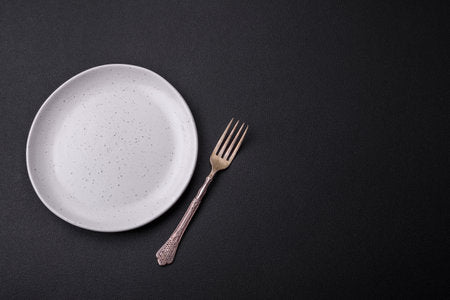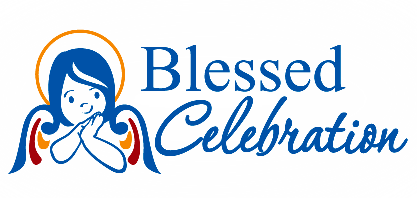
What is Orthodox Great Lent? What are the Rules for Eating?
Orthodox Great Lent is the most significant fasting period in the Eastern Orthodox Church, lasting for 40 days (plus Holy Week) in preparation for Pascha (Easter). It begins on Clean Monday (the Monday seven weeks before Easter) and ends on Lazarus Saturday, followed by Holy Week.
Rules for Eating During Great Lent
The Orthodox fasting rules are quite strict compared to Western traditions:
- No Meat (Including Poultry)
- All forms of meat and meat products are prohibited.
- No Dairy (Milk, Cheese, Butter, Eggs)
- Dairy and animal by-products are not consumed.
- No Fish (With a Few Exceptions)
- Most fish is forbidden, but shellfish (shrimp, crab, oysters, etc.) is allowed.
- No Olive Oil or Wine (on Most Days)
- Traditionally, olive oil and wine are not consumed except on certain feast days.
- Exceptions for Oil, Wine, and Fish
- Saturdays & Sundays: Wine and oil are permitted.
- Feast of the Annunciation & Palm Sunday: Fish, wine, and oil are allowed.
- Strict Fast Days (No Food or Drink)
- The first day of Lent (Clean Monday) and Good Friday are often observed with complete abstinence or very limited food.
- Focus on Simplicity & Moderation
- Meals should be simple and not indulgent, even within the allowed foods.
Common Lenten Foods
- Fruits and vegetables
- Grains (rice, pasta, bread, etc.)
- Legumes (beans, lentils, chickpeas)
- Nuts and seeds
- Shellfish (shrimp, clams, mussels, etc.)
- Plant-based oils (except on strict fast days)
While these are the traditional rules, many Orthodox Christians follow them based on their ability, health, and guidance.
In Orthodox Christianity, fasting is considered a spiritual discipline rather than a rigid law. The Church emphasizes compassion and discernment, meaning the fasting rules are adapted for those who cannot follow them strictly, including children, pregnant women, and the sick.
Fasting Rules for Different Groups:
1. Children
- Young children (especially under 7) are generally not required to fast strictly.
- Older children (around 7 and up) may be encouraged to gradually observe the fast, such as:
- Avoiding meat on strict fast days.
- Eating less dairy if possible.
- Learning moderation and prayer rather than full dietary restrictions.
- The focus for children is spiritual growth, not strict adherence to food restrictions.
2. Pregnant & Nursing Women
- Pregnant and nursing women are exempt from strict fasting since their health and the baby’s well-being come first.
- They may:
- Eat dairy and proteins as needed.
- Maintain a simple and moderate diet without indulgence.
- Focus more on spiritual fasting (prayer, kindness, avoiding excessive distractions).
- If a woman feels she can safely follow some aspects of fasting, she should consult a priest and a doctor.
3. The Sick & Those with Medical Conditions
- Those with illnesses, chronic conditions, or dietary needs (e.g., diabetes, autoimmune diseases) are not expected to follow strict fasting.
- They should:
- Eat nutritious foods that sustain their health.
- Avoid unnecessary indulgence but prioritize health over strict rules.
- Seek a blessing from their priest for a modified fast that suits their condition.
General Principles
- The Orthodox Church teaches that fasting should never harm a person’s health.
- Spiritual fasting (prayer, kindness, avoiding excesses) is just as important as dietary fasting.
- Always consult a priest if unsure about how to modify fasting for special circumstances.

Leave a comment